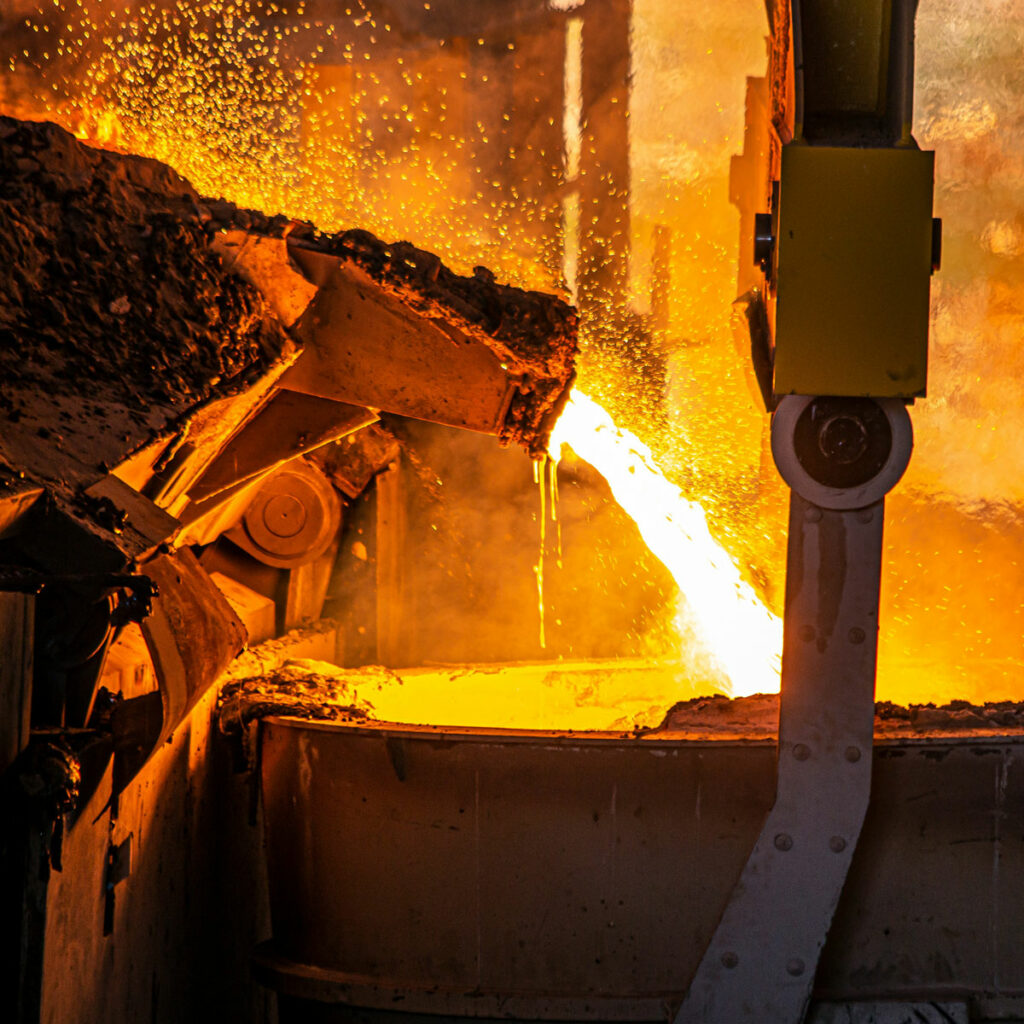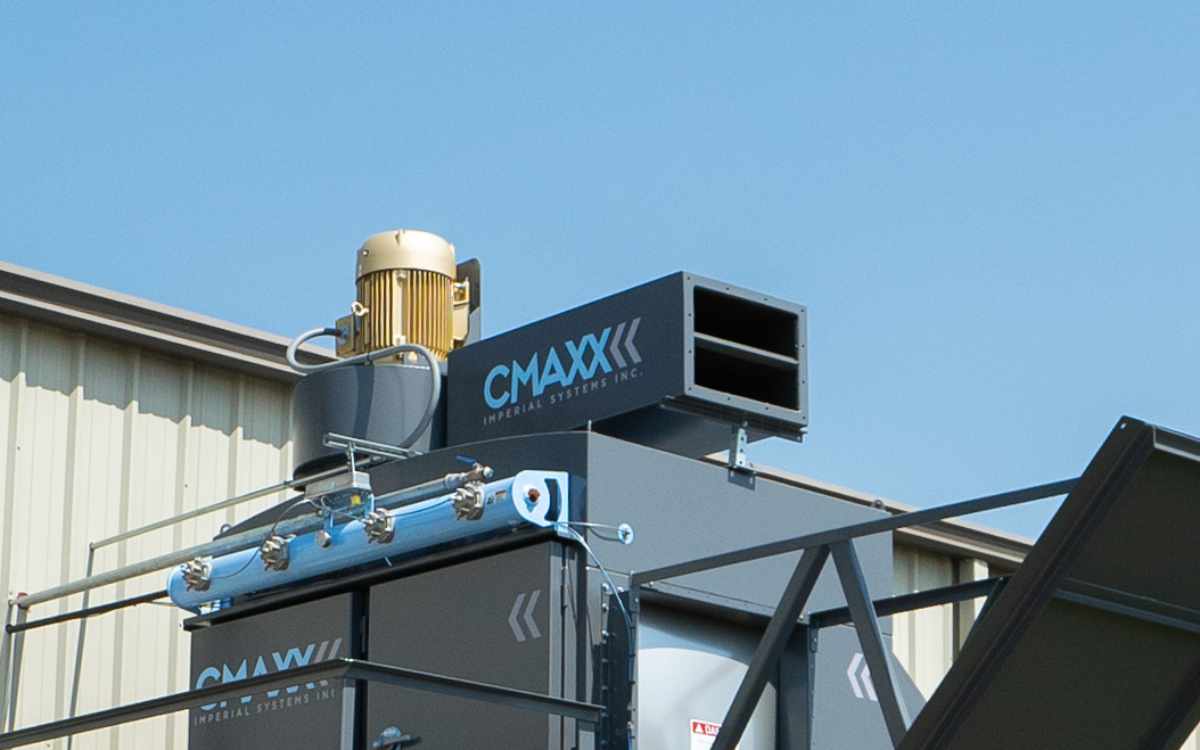Foundries are integral to manufacturing and industrial processes, producing metal castings by melting and pouring metal into molds. However, the very processes that make foundries indispensable also generate significant amounts of dust and fumes. Consequently, without proper dust collection systems in place, this dust can pose serious health risks, environmental hazards, and operational inefficiencies.
Health and Safety Concerns Over Foundry Dust
Above all, the primary reason for implementing proper dust collection systems in foundries is to protect the health and safety of workers. Foundries typically produce various dust types, including silica, metal particulates, and chemical residues. As a result of inhaling these particles, severe respiratory issues, including chronic obstructive pulmonary disease (COPD), silicosis, and other occupational illnesses can develop. Effective dust collection systems capture airborne particles before they can be inhaled, ensuring a healthier working environment.
Furthermore, reducing dust levels in the air helps prevent workplace accidents. For instance, dust accumulation can create slippery surfaces and reduce visibility, leading to injuries. By maintaining clean air and surfaces, dust collection systems contribute to overall workplace safety.
Regulatory Compliance
Foundries are subject to stringent environmental and occupational health regulations. Agencies such as the Occupational Safety and Health Administration (OSHA) and the Environmental Protection Agency (EPA) in the United States have set limits on permissible exposure levels for various dust and fume contaminants. Consequently, non-compliance with these regulations can result in hefty fines, legal actions, and even operational shutdowns.
Proper dust collection systems ensure that foundries remain compliant with these regulations by effectively capturing and controlling dust emissions. This not only avoids legal repercussions but also demonstrates a commitment to responsible environmental and occupational practices. Working with a dust collection partner familiar with these regulations will ensure a properly designed system.
 Protecting Equipment and Product Quality
Protecting Equipment and Product Quality
Dust can be detrimental to the machinery and equipment used in foundries. Accumulated dust can lead to mechanical failures, increased wear and tear, and the need for more frequent maintenance. By implementing an efficient dust collection system, foundries can keep their shop clean and protect their equipment from damage, thereby reducing downtime and maintenance costs.
Moreover, dust can contaminate the products being manufactured, leading to defects and reduced quality. Ensuring a clean environment through proper dust collection helps maintain high product standards and reduces the risk of costly rework or scrap.
Environmental Impact of Foundry Dust and Fumes
The environmental impact of foundry operations is a growing concern, particularly with increased awareness of air pollution and its effects. Dust and fumes released into the atmosphere can contribute to environmental degradation, affecting air quality and harming local ecosystems. Implementing dust collection systems minimizes the release of harmful particulates into the environment, thereby reducing the foundry’s ecological footprint.
Effective dust collection also supports sustainability initiatives by facilitating the recycling and proper disposal of collected dust and particulates. This aligns with broader industry trends toward sustainable and environmentally friendly manufacturing practices.
Operational Efficiency
Efficient dust collection systems can enhance the overall operational efficiency of foundries. By maintaining a clean working environment, these systems reduce the likelihood of equipment malfunctions and extend the lifespan of machinery. This translates to smoother operations, fewer interruptions, and lower maintenance costs.
Additionally, a cleaner workplace improves staff morale and productivity. Employees are more likely to perform better in a safe, clean, and healthy environment. This can lead to improved operational output and efficiency.
The necessity of proper dust collection in foundries cannot be overstated. From protecting worker health and safety to ensuring regulatory compliance, maintaining product quality, minimizing environmental impact, and enhancing operational efficiency, effective dust collection systems are indispensable. Foundries must prioritize the implementation and maintenance of these systems to safeguard their operations, workforce, and the environment. Investing in proper dust collection is not just a regulatory requirement but a critical component of responsible and efficient foundry management.


